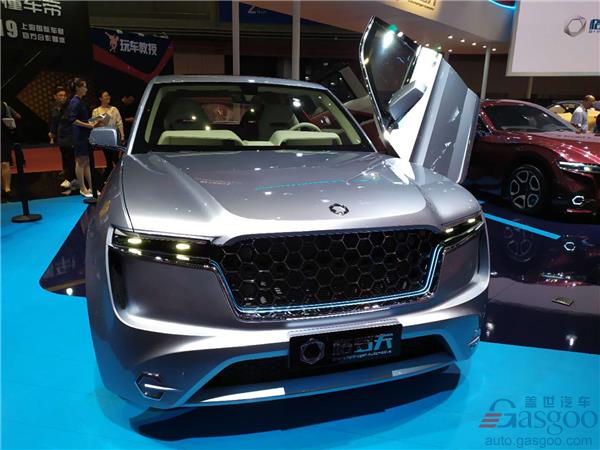Voices calling for rational attitude towards China’s fuel cell industry development
Shanghai (ZXZC)- "Promoting the building of charging and hydrogenation facilities" was for the first time mentioned by Chinese government’s work report in 2019, triggering a historic passion for China's local governments and companies to fortify offensive in hydrogen fuel cell industry.
For the time being, over 20 provincial and municipal governments, including Shanghai, Suzhou, Guangzhou, Tianjin, Xi'an, Wuhan, Jinan and Zhangjiakou, have issued policies to support the growth of hydrogen fuel cell businesses.
The tendency seems to proceed unstoppably, while some experts and company’s executives still called for a rational attitude towards the development of fuel cell vehicles when they gathered at an industrial summit themed hydrogen industry development earlier this month.
“To gain a head start in hydrogen fuel cell industry, local governments have successively issued plans to develop hydrogen business, fuel cell vehicles and relevant industrial parks. However, those plans were given without considering local conditions in different cities, so the corresponding deployments are seriously homogenized. I am afraid repetitive investments would appear across the country,” said Cao Jianmian, executive vice president of the Central Academy Institute of Dongfang Electric Corporation.
He suggests that local governments should do comprehensive and in-depth study on the feasibility and reasonability, and make the layout based on respective local conditions.

As we know, a number of countries like the U.S., South Korea and Japan have release their legal bills and route maps for hydrogen industry development at a national strategy level. In China, local governments and firms are quite active, while the top-level design has not come out yet.
“Some companies in China are rather proactive in developing fuel cell vehicles, but the industrial chain is too long to be fully covered by traditional auto companies. Besides, deploying infrastructures, formulating and improving standards and regulations are also out of reach of enterprises,” said Chen Qingtai, President of China EV100.
Confronting these difficulties, companies should join hands with the government to formulate a more feasible integral scheme and implement it through a multi-pronged approach, Mr. Chen suggested.
For instance, they should strengthen the infrastructure construction based on an optimized planning, increase investment in technology R&D, remove the bottlenecks in technologies and auto parts, solve the difficulties in storing and transporting hydrogen fuel and improve the law and standard systems by learning other countries' experience.
What's more, Miao Wei, the minister of China's Ministry of Industry and Information Technology, previously said some regions with relatively strong foundation in hydrogen and fuel cell industries should be picked up to conduct pilot projects. What he said signifies that the fuel cell industry in China should be developed step by step, rather than in a much too radical way.

